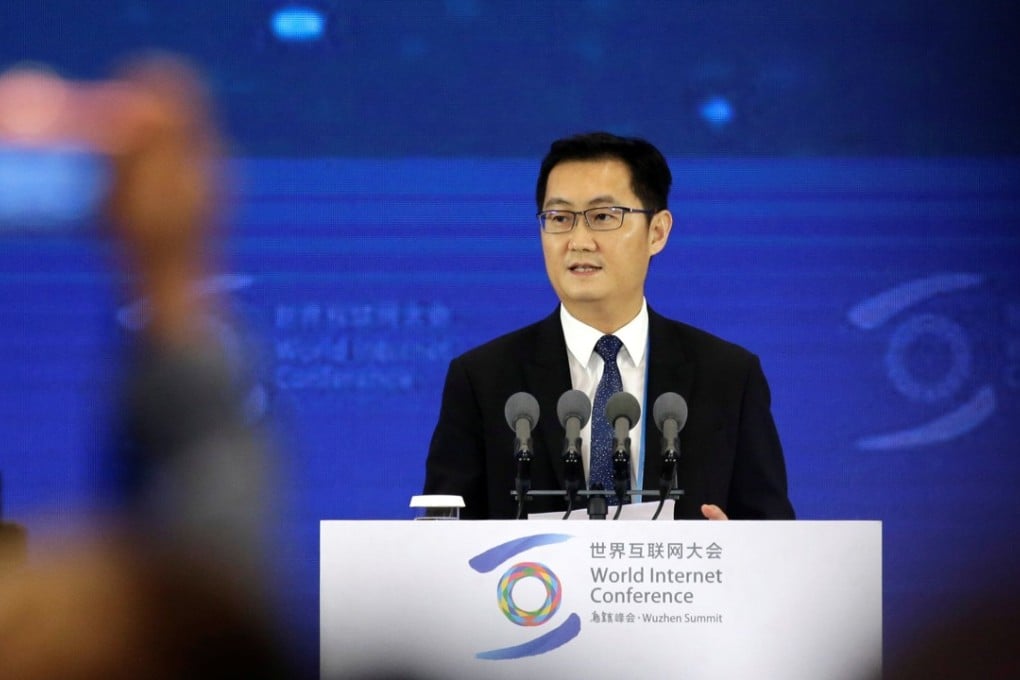Developing | Tencent posts better-than-expected US$3.4 billion third quarter profit as social ad revenues offset uncertainties in games sector
- Revenue rose 24 per cent to 80.6 billion yuan in line with the consensus of 20 analysts
- Mobile games business reported 11 per cent sequential growth thanks to a seasonal boost

Tencent Holdings, operator of China’s biggest social media and gaming businesses, reported better than expected profits in the third quarter as social advertising and investment gains helped to offset gaming uncertainties due to government regulation.
Tencent president Martin Lau Chi-ping cautioned in a conference call following the quarterly results announcement on Wednesday of the challenges that lie ahead, including the pace of state approvals necessary to push ahead with the release of new game titles.
“We’re still waiting for the government to start the approval process for games, and when that is announced we’ll have an update for the market,” Lau said.
Tencent released 10 new games in the third quarter, and has 15 games with monetisation approval in the pipeline. The company has added new games by publishing from independent studios who received monetisation approval and licenses before the freeze, said James Mitchell, chief strategy officer at Tencent.
The Hong Kong-listed company reported net income of 23.33 billion yuan (US$3.4 billion) in the quarter ended September 30 compared to the 18.39 billion yuan average estimate of 12 analysts polled by Bloomberg.
Profit increased 30 per cent year on year mainly due to higher gains generated from investment-related items, Tencent said.